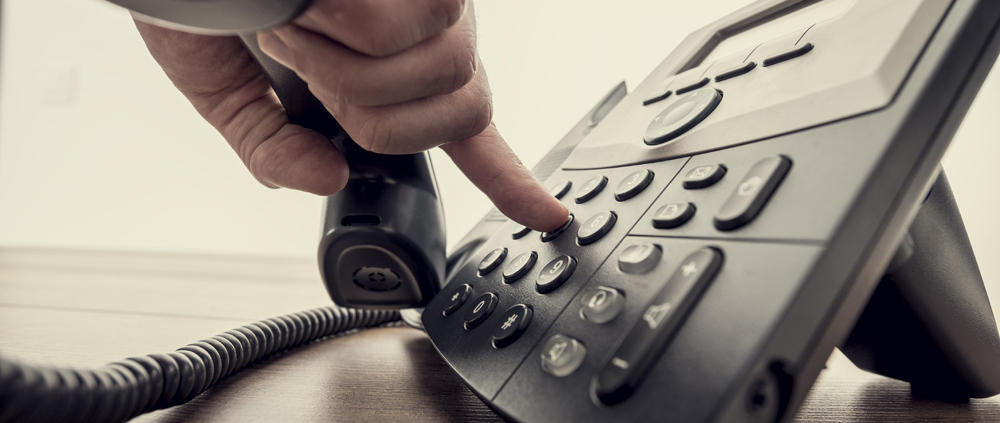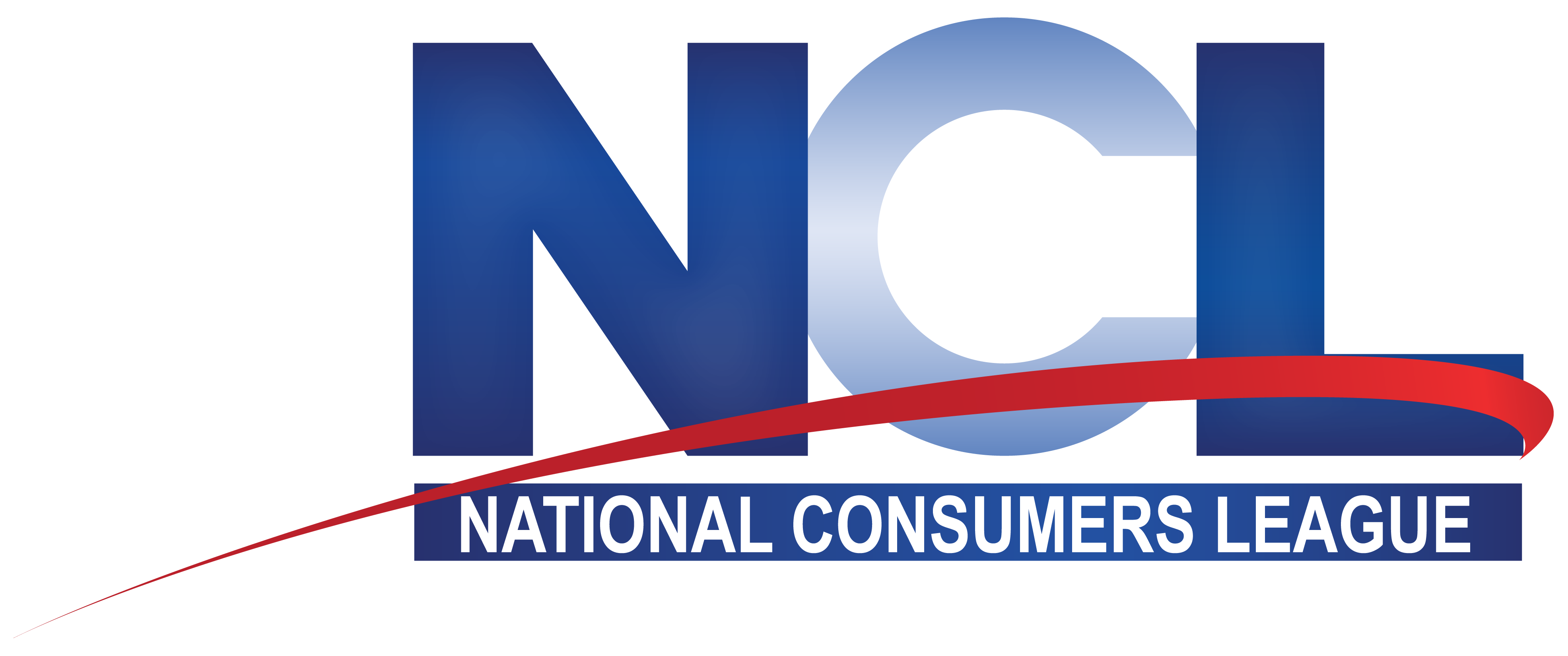Avoiding sales calls
Tired of calls from strangers trying to sell you something? Bothered by shady characters offering deals that are too good to be true? You can’t eliminate unwanted calls completely, but you can reduce the number your receive.
Stay safe. Be Informed.
-
Sign up for the national “do not call” registry. It’s easy and it’s free! Call (888) 382-1222, TTY (866) 290-4326 from the phone number you want to register. Unfortunately, registering by phone may not work if you live in a residential complex that uses a PBX phone system. But you can also register online at https://www.donotcall.gov/. The “do not call” system will send a response to that address with a link that must be clicked on within 72 hours to complete the registration.
-
Your registration will not expire. Telephone numbers on the registry will only be removed when they are disconnected and reassigned, or when the consumer chooses to remove a number from the registry. You can confirm that a number is on the registry and the registration date through the toll-free number or Web site. If your number changes or is disconnected, you’ll need to re-register. You can also take the phone number off the “do not call” registry anytime via the toll-free number or Web site.
-
Some callers aren’t covered. Nonprofit groups, charities, political organizations, and survey companies don’t have to use the national “do not call” list. But when charities use professional fundraisers to call, they must honor your request not to call again.
-
Some companies can still call you. Even if your number is on the registry, companies can call if: you purchased something from them or made a payment within the previous 18 months; you asked about a product or service or submitted an application in the past 3 months; or you have a “personal relationship” as a friend, relative or acquaintance. But you always have the right to tell them not to call again.
-
Be careful what you sign. Companies can also call with your written permission, so look at contracts, order forms, contest entry forms, and other things you sign carefully to make sure you’re not agreeing to be called without realizing it. You can withdraw consent anytime by saying, “don’t call me again.”
-
It may take a while to notice fewer calls. Telemarketers check the national “do not call” registry every 31 days, so it may take that long before your number is removed from their calling lists.
-
If your number is on a state “do not call” list, it may also be on the national registry. Not all states have their own “do not call” lists, but some that do are transferring the numbers on their lists to the national registry, others aren’t. The “do not call” Web site has information about how specific state “do not call” laws relate to the national registry.
-
If you don’t sign up for the national “do not call” registry, you still have rights. You can tell companies not to call you again on a case-by-case basis. Keep a record of their names and the dates of your requests.
-
Enforce your rights. If telemarketers ignore the fact that your number is on the registry or your request not to call again, report them through the “do not call” toll-free number or Web site. If telemarketers violate your federal “do not call” rights you may file a claim for $500 per violation (the court can triple that amount if the company knowingly broke the law). Note their names and the dates of the calls.








